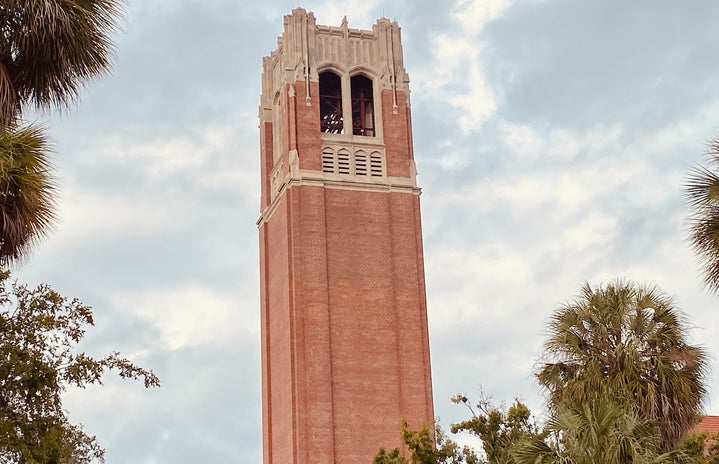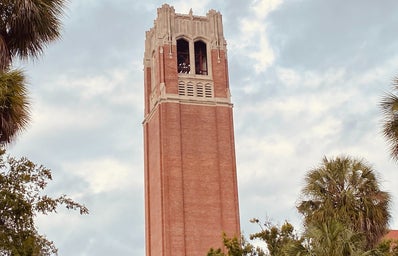Brown University is being sued over an alleged violation of antitrust laws by denying student-athletes athletic scholarships and compensation for their services. Last week, attorneys representing Grace Kirk ‘24, a women’s basketball team member, and Tamenang Choh ‘21 MPA ’22 filed a lawsuit seeking class-action status to represent all current and former athletes at the eight Ivy League schools dating back to those recruited since March 2019. By not awarding athletic scholarships to their student-athletes, all eight Ivy League schools and the Ivy League Council of Presidents, which coordinates Ivy League athletics, are being sued for illegally allegedly conspiring and financially restricting athletes who otherwise could have pursued scholarships to cover their tuition and fees.
Harvard, Yale, Brown, Princeton, Dartmouth, Cornell, Columbia, and UPenn do not offer merit scholarships, including athletic scholarships, under the “Ivy League Agreement” since 1954. Thus, Brown University and the rest of the Ivy League are the only 8 of the 350 total Division I NCAA universities that do not offer scholarships for their student-athletes. In fact, the lawsuit argues how the Ivy League Agreement has “direct anticompetitive effects, raising the net price of education that Ivy League athletes pay and suppressing compensation for the athletic services they provide to the University Defendants.” While the defendants contend that prospective athletes have the choice of attending academically similar colleges with comparable athletic programs that offer athletic scholarships, this does not negate the fact that the Ivy League continues to violate antitrust laws.
The lawsuit highlights how the Ivy League Agreement infringes the Sherman Antitrust Act of 1890, which “prohibits competing businesses, including colleges, from colluding in ways that harm competition,” according to Michael McCann, director of the Sports and Entertainment Law Institute at the University of New Hampshire. In other words, by the Ivy League not offering athletic scholarships, they are “artificially suppressing” competition for those students who are “both elite students and elite athletes” seeking to play at the Division I level. If Brown University was to not offer athletic scholarships on its own, a lawsuit would no longer be viable under antitrust law; however, what is extremely concerning is the collaboration among Ivy League schools to all purposely not offer athletic scholarships, especially when they can afford it. Brown University’s $6.5 billion endowment, combined with the other Ivy League schools whose endowments collectively exceed $170 billion, demonstrate their ability to afford to offer athletic awards to their student-athletes, especially when these athletes’ performances bolster their institutional “revenue and prestige.”
University Spokesperson Brian Clark asserted to the Brown Daily Herald how the lawsuit “has no merit” and pointed to Brown’s commitment to meeting 100% of every undergraduate’s demonstrated financial need. While Brown must complete the full demonstrated financial need of all applicants, the institution is not exempt from not complying with antitrust law and is more than fully capable of maintaining its reputation for academic excellence while properly compensating athletically high-achieving students. Especially when the Supreme Court ruled unanimously in the landmark NCAA v. Alston case that the NCAA limiting athlete compensation for academic-related costs violates antitrust law, the Ivy League should reconsider their decision to collectively decline to offer athletic scholarships as the lawsuit claims this similarly hinders competition.
Even if the lawsuit rules in favor of the Ivy League, Brown University can demonstrate its commitment to student-athletes’ well-being by supporting its athletes financially.

